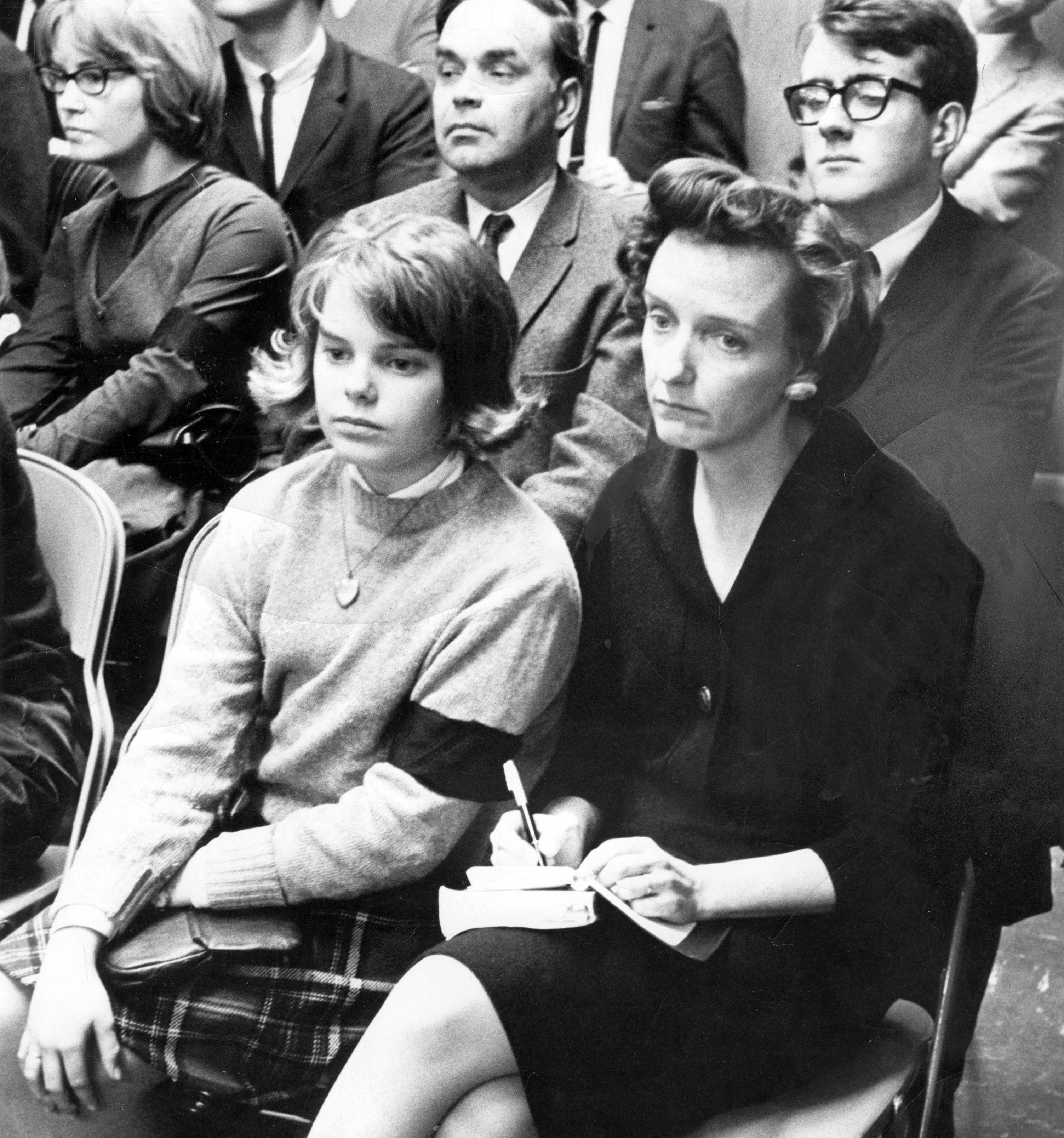Since the ruling came down from the United. During their suspension the students parents sued the school for violating their childrens right to free speech.
Legacy Student Rights And Responsibilities Tinker V Des Moines
Des Moines school officials who wish to regulate student expression must be able to demonstrate that student expressive activities would result in material and substantial interference with the operations of the school or invade the rights of others.

Tinker v des moines ruling. The court referred to but expressly declined. The case of Tinker vDes Moines Independent Community School District has had a significant impact on the rights of American students in public schools. The students appealed the ruling to a US.
Inspired by Civil Rights protests the three were part of a group of students who decided to wear the armbands as a silent protest in support of a ceasefire in Vietnam. DES MOINES SCHOOL DIST. 505 503 Opinion of the Court.
This is a presentation for EPI 0001 regarding the US. Because of the Tinker ruling students have been free to wear dyed hair and nose rings in public schools. On February 24 1969 the Court ruled 7-2 that students do not shed their constitutional rights to freedom of speech or expression at the schoolhouse gate The Court ruled that the First Amendment applied to public schools and school officials could not censor.
And heres a recent video made in January 18 by Nick Capodice of New Hampshire Public Radio. Des Moines Elizabeth Mosakowski Mrs. Des Moines Independent School District had a major impact on many lower court rulings concerning the rights of teens to free speech and self-expression.
Culminated in the landmark Supreme Court decision. Des Moines ruled in favor of the Tinkers and Christopher Eckhart claiming that the protest undertaken by the students did not intend to spark violence destruction damage or criminal activity. District court sided with the school ruling that wearing armbands could disrupt learning.
This landmark trial-Tinker v. Petitioner Mary Beth Tinker Johns sister was a 13-year-old student in junior high school. Despite the warning some students wore the armbands and.
Principals of the Des Moines schools heard of the students plans. Des Moines School District 1969 Opposition to the Vietnam War was mounting in Des Moines Iowa. Held the constitutionality of the school authorities action on the ground that it was reasonable in order to prevent disturbance of school discipline.
On the basis of the majority decision in Tinker v. Court of Appeals but lost and took their case to the United States Supreme Court. While the Tinker ruling has had some positive.
A group of students decided to wear black armbands during the Christmas season and to fast on December 16 th and New Years Eve. Dabalos IB History 806 Words Through the First Amendment to the Constitution of the United States it is made known that no law can declare an official religion prevent people from peacefully assembling petitioning or take away the freedoms of speech and press. What George Washington and the boys did for white males in 1776 what Abraham Lincoln did to a certain extent during the time of the Civil War for African-American males what the womens.
The principals of the Des Moines school learned of the plan and met on December 14 to create a policy that stated that any student wearing an armband would be asked to remove it with refusal to do so resulting in suspension. Tinker 15 years old and petitioner Christopher Eckhardt 16 years old attended high schools in Des Moines Iowa. First heres a conversation between John and I animated by the ACLU to help celebrate the 50th anniversary of the Tinker v Des Moines ruling on February 24th 2019.
According to The New York Times Tinker v. The following day John Tinker did the same with the same. On December 16 Mary Beth Tinker and Christopher Eckhardt wore their armbands to school and were sent home.
The United States Supreme Court in Tinker v. At a public school in Des Moines Iowa students planned to wear black armbands at school as a silent protest against the Vietnam War. Des Moines Independent Community School District.
Justice FORTAS delivered the opinion of the Court. Supreme Court Ruling Tinker v. In 1965 three Iowa students Mary Beth Tinker her brother John and Johns friend Chris Eckhardt were suspended by school officials in Des Moines for wearing black armbands to school to protest the Vietnam War.
When the principal became aware of the plan he warned the students that they would be suspended if they wore the armbands to school because the protest might cause a disruption in the learning environment. Among them were John Tinker 15 and Chris Eckhardt 16 and three younger Tinker children. When school officials have specific facts that reasonably support predictions of disruption they can regulate student.
1 Petitioner John F. Des Moines-was the first Supreme Court ruling in history providing students with free speech rights on public school grounds.